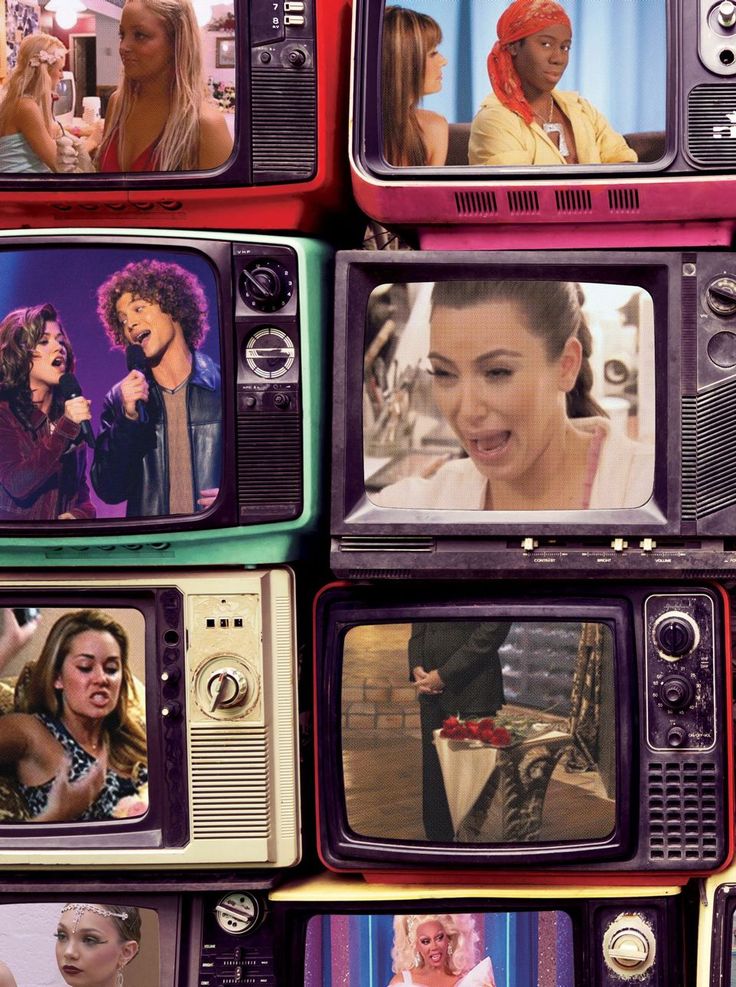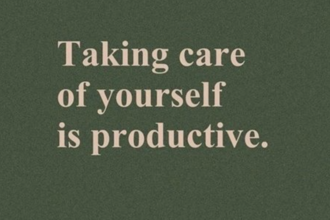While HBO’s original series, Euphoria, captured the attention of viewers everywhere for its star-studded performances, makeup, soundtrack and more, the 2 episode specials bring back to light the focus of the show in Zendaya and Domingo Coleman’s stripped-down performance.
While some fans were in an uproar about the lack of glitz and glam that comes with each 60-minute episode, many took time to find the true meaning behind the hit TV show, the struggle of a teen dealing with substance abuse and her recovery.
*Trigger warning: Topics discussed throughout this article can be triggering for some, VALLEY encourages an open dialogue and mind while reading the topics displayed in Euphoria.*
Following the ending of the premiere season, fans were left at the edge of their seats as the fate of both Rue Bennett and Jules Vaughn was uncertain. Euphoria Special Episode Part 1: Rue, draws in the audience as it creates an open conversation between Rue (Zendaya) and her sponsor Ali (Domingo Coleman).
Throughout the conversation, both characters take time to reflect on their battle with substance abuse and the road to recovery which brought to light the realities for many nationwide.
Relapse
The additional episode kicks off with Rue meeting Ali following her relapse after her relationship with Jules (Hunter Schafer) ends.
“Relapse is common and normal and happens to a lot of people recovering from drug addictions,” according to the National Institute of Drug Abuse. “People will often have one or more relapses along the way.”
Relapse can be broken down into three stages, all in which we can identify Rue experiencing throughout the first season and her conversation with Ali. The future of Rue’s sobriety is still unknown and will be explored in the upcoming season.
Dependency On Others
Rue takes the time at the diner to reflect upon her relationship which leads to her realization of emotional dependency and how it spiraled impacting her relationship and sobriety. The emotional dependency affected both parties in the relationship as it is known to drain people in that situation.
Key signs displayed by Rue throughout season one are seen on the list of signs of emotional dependence by Healthline:
“An idealized view of your partner or the relationship, the belief your life lacks meaning without them, the belief you can’t find happiness or security alone, a persistent fear of rejection, a constant need for reassurance, feelings of emptiness and anxiety when spending time alone, needing them to build your self-esteem, confidence, and self-worth, difficulty trusting in their feelings for you.”
Recovery
Honesty is displayed by Rue as she discusses her recovery and why it has become a struggle for her to face.
Unable to complete her laid out steps on her road to recovery, Rue finds herself coming to the conclusion she doesn’t want to become sober. Now as an audience one would question why that is a thought.
The answer, while tailored to Rue’s character can be true in a way for others. Rue struggles in the second step of her recovering which is believing there is a power greater than oneself which can restore the individual.
Believing she is unworthy of being fixed following the loss and grief she experienced after her fathers passing, Rue continues to try and understand why she is worthy saving when others who are “better” are no longer here.
“This is why the world is the way it is. People keep doing shit that we deem unforgivable and, in return, they decide there’s no reason to change,” Ali said to Rue.
Recovery is a long process for many that comes with various ups and downs, having a support system is crucial for many in this situation which is seen through Ali’s guidance.
Family Impact
As Moses Sumney’s, “Me In 20 Years” plays in the background of the call between Ali and his estranged daughter, viewers realize the impact addiction can have on familial relationships.
We look beneath the surface of Ali as his relationship with his daughter is explained as the episode notes he is spending his Christmas Eve with Rue rather than his own family. At a young age, due to their father’s abuse, Ali’s children were subjected to witness his fits of rage especially against their mother.
The American Addiction Center explains, “Witnessing the trauma of a parent suffering addiction at a young age has long-term effects on the child.”
While the substance abuse of a family member can impact and strain relationships, many centers offer family therapy and guidance to both parties on how to mend their relationships.
While the fate of Ali’s relationship with his daughters is unknown, Ali is determined to right his wrongs as effort is shown on his end as he made the phone call that night to his daughter before being left alone at a diner parking lot.



While viewers get transported to the lives of the teens at East Highland High School, each character is seen dealing with prevalent issues commonly found in the lives of many worldwide from substance abuse to self confidence. While many argue, their is a form of glamorization of these issues, many thank the cast and crew for bringing to hard to discuss topics to light.






I very delighted to find this internet site on bing, just what I was searching for as well saved to fav
There is definately a lot to find out about this subject. I like all the points you made
I appreciate you sharing this blog post. Thanks Again. Cool.
I like the efforts you have put in this, regards for all the great content.
For the reason that the admin of this site is working, no uncertainty very quickly it will be renowned, due to its quality contents.
Nice post. I learn something totally new and challenging on websites
This is really interesting, You’re a very skilled blogger. I’ve joined your feed and look forward to seeking more of your magnificent post. Also, I’ve shared your site in my social networks!
I truly appreciate your technique of writing a blog. I added it to my bookmark site list and will
I very delighted to find this internet site on bing, just what I was searching for as well saved to fav